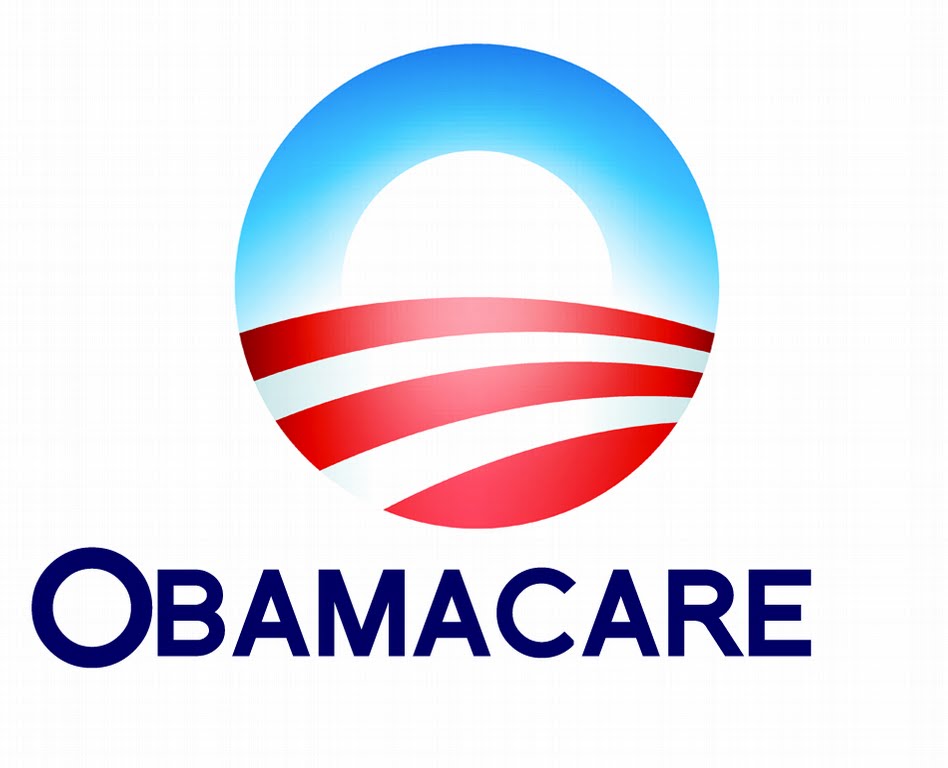President Obama recently wrote an article in the Journal of the American Medical Association in which he praised the results of the Affordable Care Act and offered proposals to improve American health care reform. Like any president nearing the end of his tenure, Obama is clearly concerned with his legacy. The success or failure of the health care law will be a major factor in how Obama will be remembered.
The Affordable Care Act has expanded health care coverage for Americans through private insurance and the expansion of Medicaid. The health care law has prohibited insurers from denying coverage due to pre-existing conditions. In addition, because of the Affordable Care Act, it appears that the health care industry is moving away from the flawed fee-for-service model. Preceding the act, fee-for-service improperly incentivized physicians to charge for additional, unneeded services. Presently, the health care industry is experimenting with different payment and delivery models that aim to reduce costs, while improving the quality of care. However, there is much uncertainty as to whether these models will reduce the cost and improve the quality of care.
A fundamental flaw in the Affordable Care Act is that it failed to change the structure of the country’s health care system in that insurers, not physicians, are responsible for the delivery and financing of health care. Even in Medicare and Medicaid, insurance companies act as third party fiscal intermediaries on behalf of the government. When consumers become eligible for Medicare, at age 65, they can either sign up for traditional Medicare or Medicare Advantage. For traditional Medicare beneficiaries, they are allowed to purchase Medigap policies to help them cover the costs not covered by traditional Medicare. Medicare Advantage is a private plan approved by the federal government.
To improve on the goals of the Affordable Care Act, Obama urged policymakers to implement the public option. The public option would in the long-run wrestle control from insurers. The success or failure of implementing the public option will be determined by politics. Of course, this is always the case when enacting health care reform legislation.
It is extremely unlikely that a public option would pass in a Republican-controlled Congress due to opposition that a public option would lead to a single-payer system. Instead, conservatives would argue for a pro-free market approach. Even in the ideal scenario of a Democratic-controlled Congress, liberal Democrats would need to convince centrist Democrats to support a public option. Even in the ideal scenario that the public option could get passed by Congress, the public option would most likely be opposed by physicians and insurance companies. Insurers will most certainly oppose the public option because it is antithetical to their interest. Historically, the American Medical Association opposed any federal health care reform legislation due to the threat of losing physician autonomy.
Maybe the public option could succeed if policymakers can convince the AMA that it is in their interest to support this piece of legislation. While they may be reluctant to support federal government intervention in health care, it may be preferable to the status quo. Because physicians are not responsible for the delivery and financing of health care, they have no political power. Any future health care reform legislation will reflect the victor in the political battle between physicians and insurers. The Affordable Care Act is a case in point.
The Affordable Care Act is an achievement for Obama. However, due to its reliance on the status quo, it is hardly liberal reform. If policymakers want to improve on the act, they need to realize that as long as insurers are at the center of the American health care system, the Affordable Care Act will continue. Furthermore, they need to understand the dominance of insurers’ factors into the decisions of physicians and health care providers. Thus, consumers will continue to face difficulties in affording and acquiring access to health care, whether their coverage is or isn’t through private insurance, Medicare or Medicaid. The task facing policymakers is whether they will continue to enact reforms that will fail to achieve their goal of improving the cost and quality of health care.
Leslie McNamara is a public policy graduate student specializing in health policy. She can be reached at lamcnamar@gmail.com.



